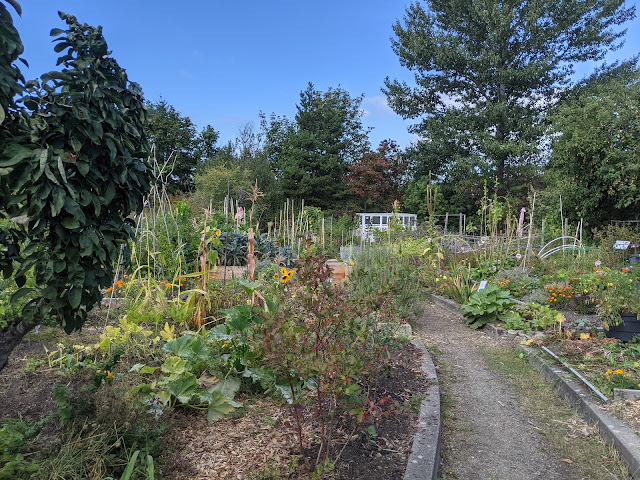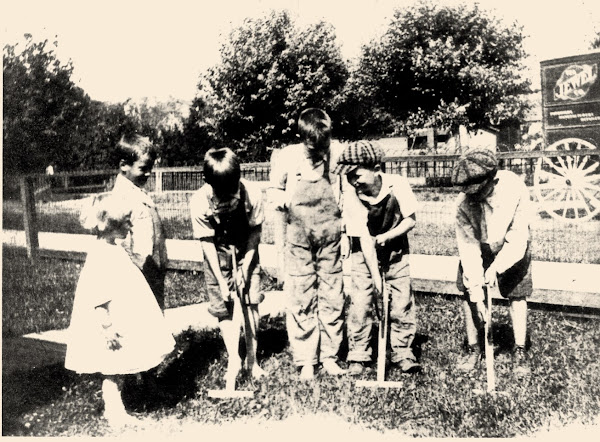Crucible for Activism: Fighting for Seattle's Community Gardens

The bulldozers are closin' in now o n my back garden No one can explain why I came to be chosen The bulldozers are closin' in They've ripped up all the trees Soon the lorries will be zooming through me cabbages and peas (The Motorway Song, Black Family) Seattle's p-patchers and community gardeners have often witnessed bulldozers closing in, both metaphorically and in reality. Threats to these edens, external and internal, have served to push those engaged in peaceful pursuits to take action, organize, fundraise, and learn to work together for common goals. Here are some of the stories: Bradner Gardens: Protecting Parks Bradner Gardens was originally set up by the City of Seattle to provide space for Mien refugees from Laos in the 1980s. A few years later, the Mount Baker garden overcame a serious threat. Long-time gardener and activist Joyce Moty described how the neighborhood banded together to protest the city’s decision to sell the land to a housing developer in the...


